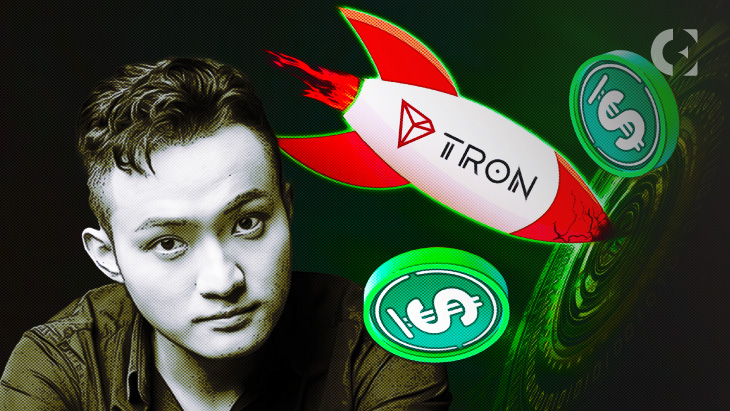- The crypto community thinks USDD is unsafe, given some unusual activities.
- Nansen data says Huobi users cashed over $60.9 million within 24 hours.
- The figure represents over 64% of its total $94 million outflow over seven days.
The crypto community speculates about a possible recurrence of the monumental stablecoin de-peg that happened seven months ago with UST. Given certain unusual activities around the Huobi Chinese crypto exchange, the crypto community thinks it is unsafe to hold USDD.
The speculation about the crash of the USDD algorithmic stablecoin was because the project is the brainchild of the Tron blockchain founder, Justin Sun, who is also the chief advisor to the Huobi exchange.
Over the previous 24 hours, crypto analytic firm Nansen tracked the transaction volume of Huobi Global, revealing that users have cashed out over $60.9 million. The figure represents over 64% of its total $94 million outflow over the previous seven days.
According to Nansen, the most withdrawn coins were USDT and USDC stablecoins from users with huge wallet balances.
A recent report revealed that Huobi closed the communication group with internal employees and blocked all communication and feedback channels with employees. The report claimed that Huobi’s action led internal employees to rebel and directly rug away user assets, with developers adding backdoor Trojan horses.
In the last 24 hours, USDD hovered around $0.97. It lost its $1 peg during the FTX fiasco in November and has not recovered.
Previously, Twitter user @Lookonchain alleged that 99% of the TRX tokens in the USDD reserve were unavailable, implying that the collateral ratio of the USDD stablecoin reserve was only 50%.
However, according to USDD’s reserve tracking site, USDD.io, the stablecoin has a 200% over-collateralization ratio.
Disclaimer: The information presented in this article is for informational and educational purposes only. The article does not constitute financial advice or advice of any kind. Coin Edition is not responsible for any losses incurred as a result of the utilization of content, products, or services mentioned. Readers are advised to exercise caution before taking any action related to the company.









